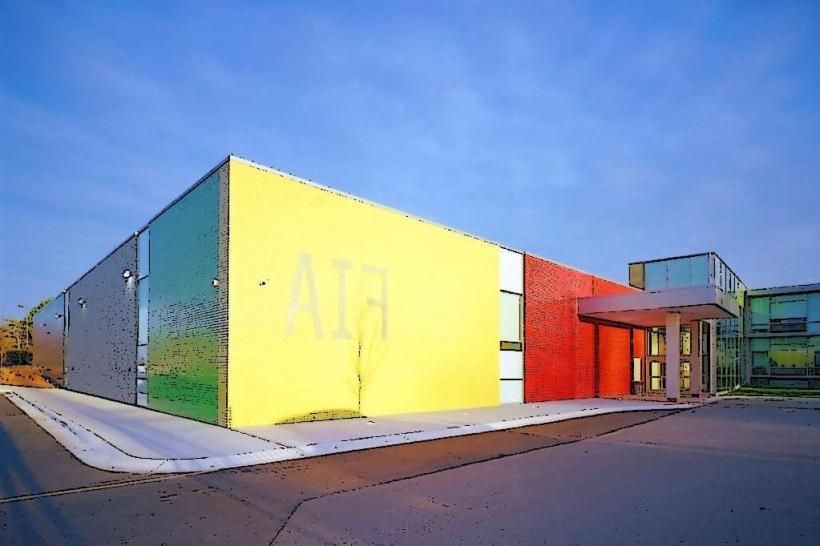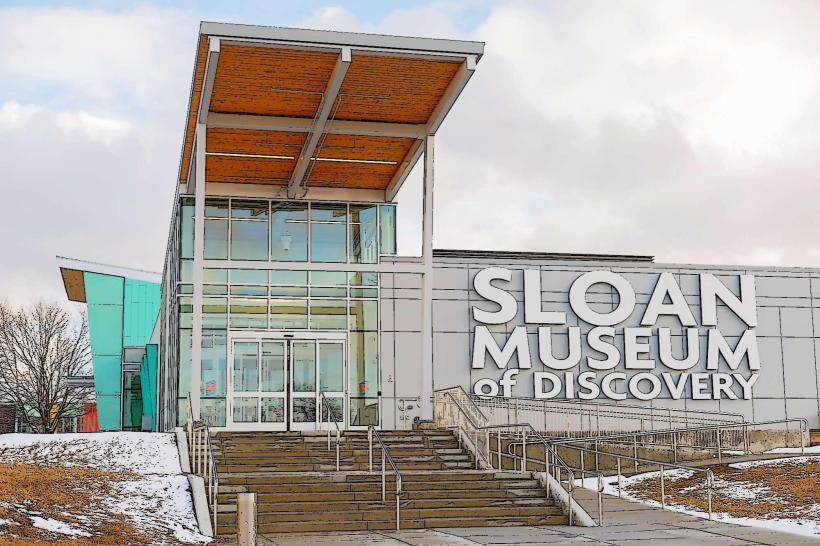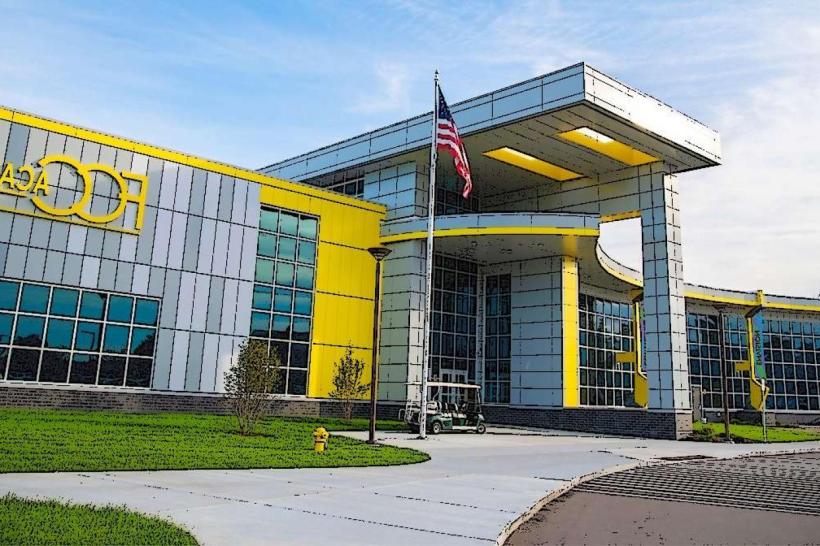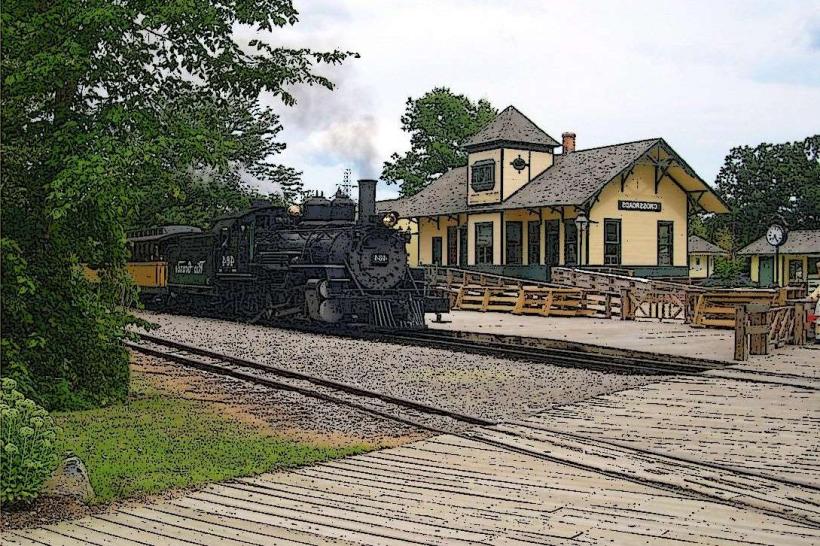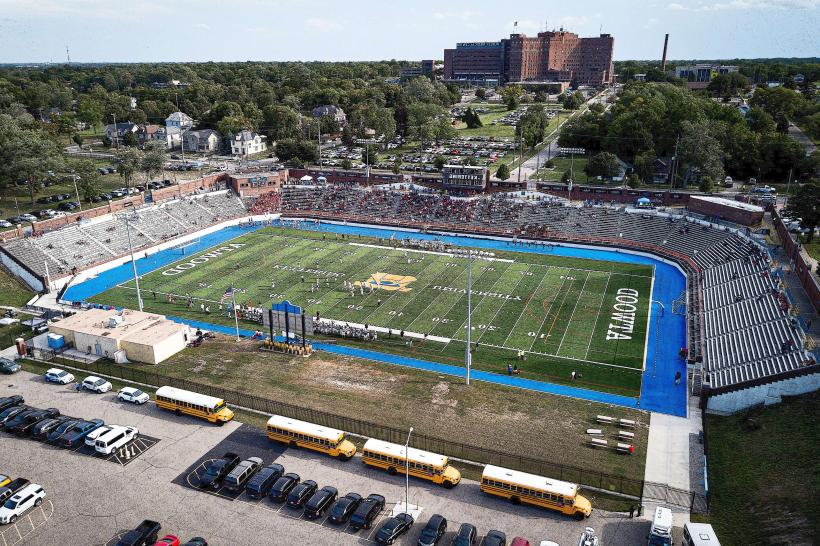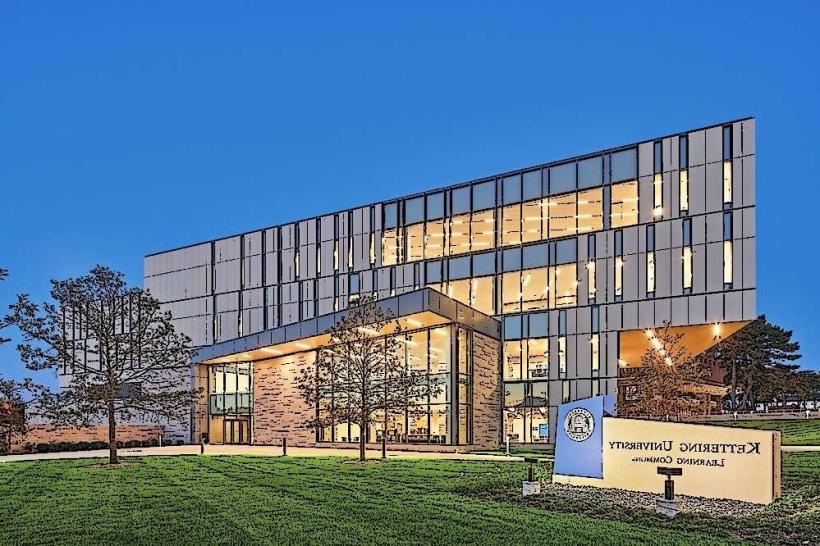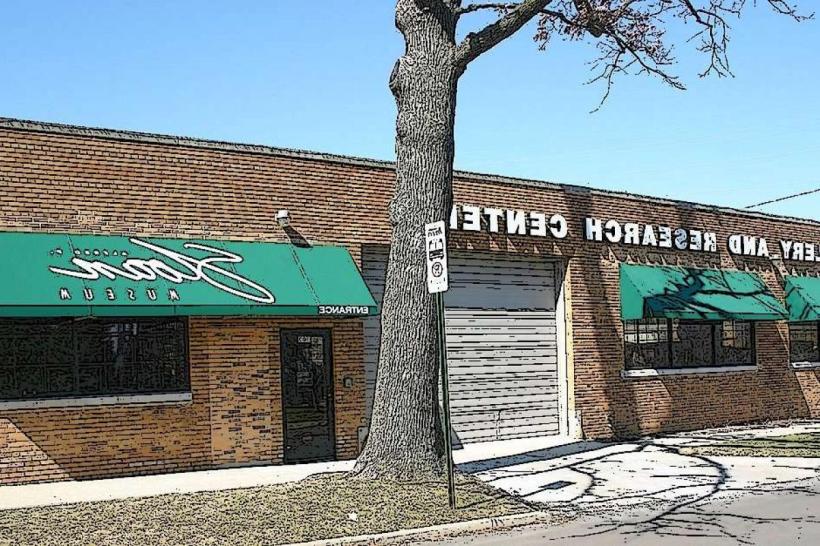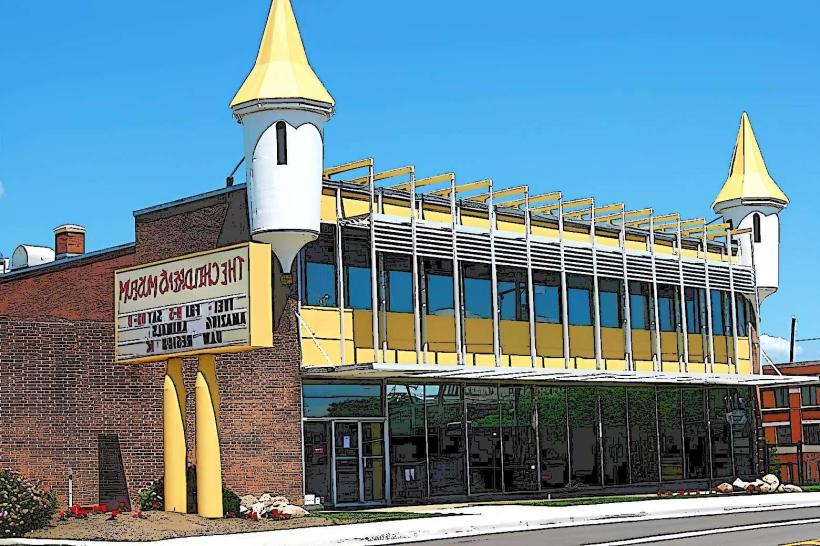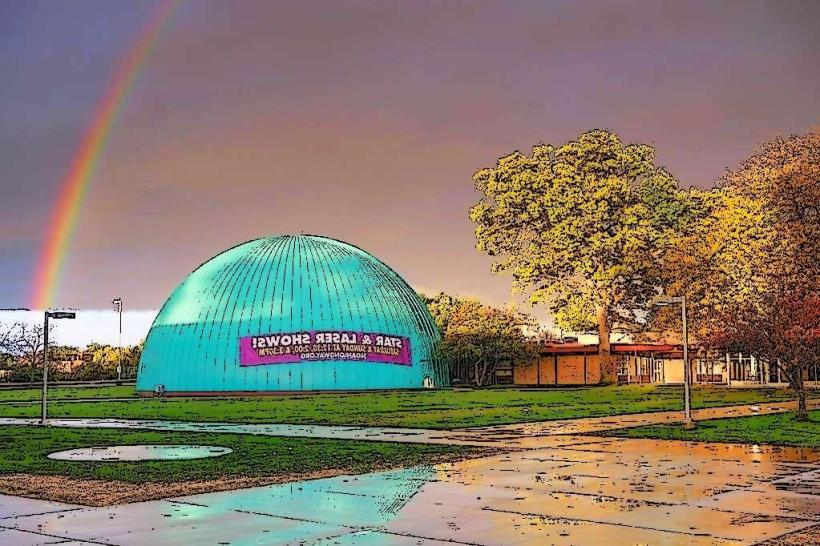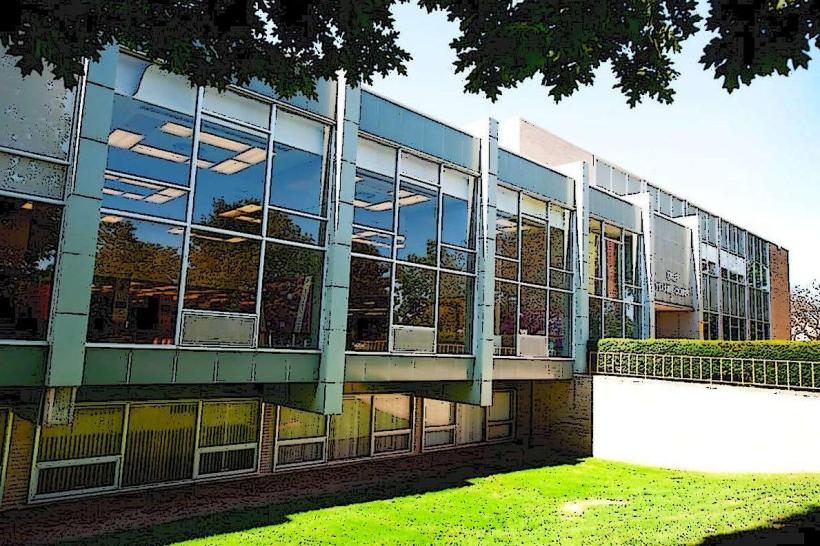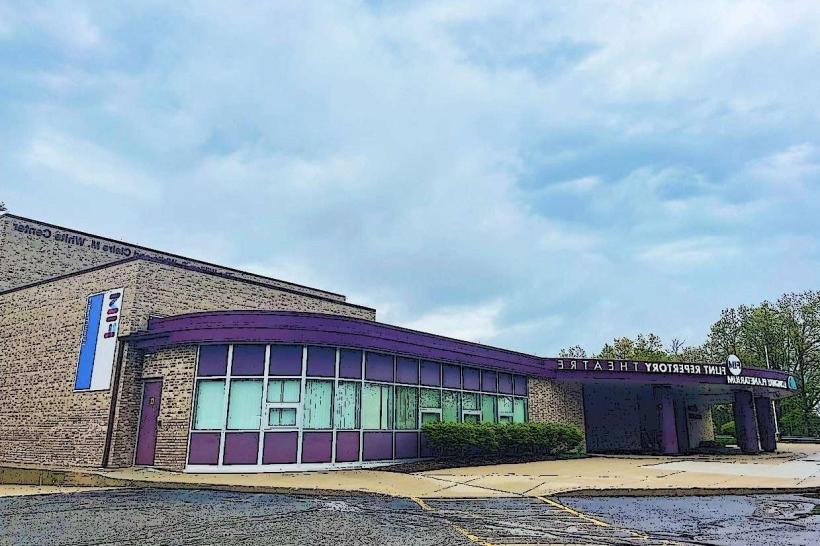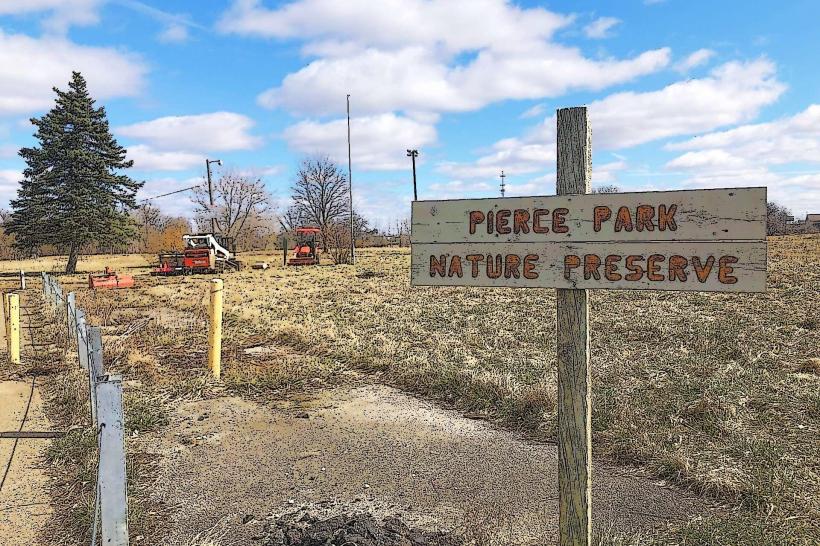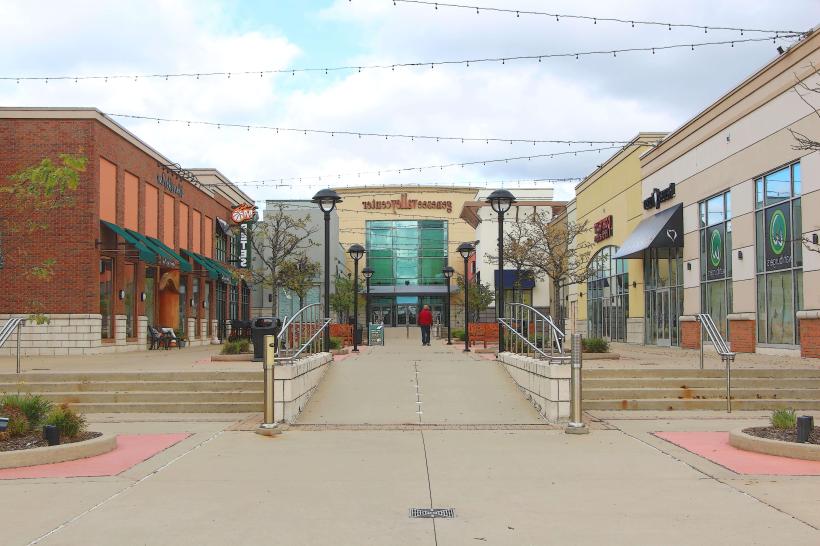Information
Landmark: Flint Farmers’ MarketCity: Flint
Country: USA Michigan
Continent: North America
Flint Farmers’ Market, Flint, USA Michigan, North America
The Flint Farmers’ Market is a historic and thriving public market located in downtown Flint, Michigan, that has played a significant role in the city’s community life and economic development for over a century. Established originally in 1905, it has evolved from a simple open-air market into a modern, year-round marketplace that offers a diverse array of locally grown produce, specialty foods, crafts, and cultural events, making it a vibrant gathering place for residents and visitors alike.
Historical Background
The market’s origins date back to the early 20th century, when local farmers and vendors began selling their fresh produce at an open-air site on the corner of Beach and Kearsley Streets during the summer of 1905. As Flint grew as a city, the market moved several times to accommodate increasing demand and changing urban landscapes. It was relocated to Union Street in 1920 and later settled on a site along the Flint River in 1940, where the Works Progress Administration (WPA) constructed a dedicated market facility. This site served as the market’s home for decades, supporting Flint’s agricultural community and local economy.
In 2014, a transformative step was taken when the market was moved into the renovated former Flint Journal printing plant at 300 East First Street. This move created a permanent indoor marketplace featuring a spacious 70-foot glass atrium, modern vendor stalls, and enhanced amenities. This relocation was part of Flint’s broader downtown revitalization efforts, turning the farmers’ market into a year-round destination that supports both small businesses and community cohesion.
Market Structure and Offerings
Today, the Flint Farmers’ Market operates year-round, blending both indoor and outdoor vendor spaces to accommodate seasonal changes and diverse product offerings:
Indoor Market Hall: The indoor space houses over 50 permanent vendors who sell a wide variety of fresh produce, locally raised meats, cheeses, baked goods, flowers, specialty foods, and handcrafted items. This enclosed environment allows for comfortable shopping regardless of weather and supports consistent vendor operations throughout the year.
Outdoor Market Pavilion: From late spring through early fall (typically May through October), an additional 25 or more vendors set up in the outdoor pavilion, offering seasonal fruits, vegetables, flowers, and artisanal crafts. This seasonal expansion reconnects the market with its roots as an open-air gathering place and provides additional opportunities for local farmers and producers.
Specialty Shops and Services: The market also includes specialty features such as a wine shop with local and international choices, an art gallery showcasing regional artists, a café serving prepared foods, and shops offering international grocery items including Middle Eastern and Mexican products. These diverse offerings reflect the cultural richness of the Flint community.
Demonstration Kitchen: A notable addition to the market is the ELGA Credit Union Demonstration Kitchen, where weekly cooking demonstrations and “Lunch and Learn” sessions are held. These programs focus on culinary education, nutrition, and healthy eating, helping customers learn new recipes and cooking techniques using fresh market ingredients.
Community Engagement and Events
Beyond being a marketplace, the Flint Farmers’ Market functions as a cultural and social hub, hosting a wide range of activities that promote community involvement:
Live Entertainment: Local musicians and performers regularly provide live music and entertainment, creating a lively and welcoming atmosphere for shoppers and visitors.
Cultural Festivals and Workshops: The market organizes seasonal festivals, holiday celebrations, cooking classes, and artisan workshops that highlight local traditions and crafts. These events foster a sense of community pride and offer educational opportunities for all ages.
Private Event Spaces: The market’s modern facility includes rentable spaces such as the spacious atrium, the intimate Ramsdell Room, a rooftop terrace, and conference rooms. These venues are used for weddings, business meetings, parties, and other gatherings, further integrating the market into the social fabric of Flint.
Accessibility and Support for Food Security
The Flint Farmers’ Market is deeply committed to ensuring fresh, healthy food is accessible to all members of the community, particularly those facing economic challenges:
SNAP and Double Up Food Bucks: The market accepts Supplemental Nutrition Assistance Program (SNAP) benefits, and through the Double Up Food Bucks program, SNAP recipients can double the value of their purchases on fresh fruits and vegetables, up to $20 per visit. This initiative encourages healthy eating and supports local farmers by increasing market accessibility.
Community Outreach Programs: Initiatives like “Project Fresh” provide coupons and financial assistance to seniors and low-income families, enabling them to buy fresh, locally sourced produce. These programs play a crucial role in promoting food security and nutrition education within Flint.
Visitor Information and Practical Details
Location: The market is located at 300 East First Street, Flint, Michigan, positioned in the heart of downtown Flint. This location is easily accessible by car and public transit.
Operating Hours: The market operates three days a week - Tuesday, Thursday, and Saturday - typically from 9:00 AM to 5:00 PM, allowing flexibility for shoppers to visit at their convenience.
Facilities: The market offers ample on-site parking, including spaces for people with disabilities. Its modern, climate-controlled building provides a comfortable shopping environment year-round.
Contact and Resources: Visitors can contact the market office via phone or explore their website for the latest updates on vendors, events, and special programs.
Impact and Significance
The Flint Farmers’ Market is more than a place to buy fresh food; it is a critical institution that supports Flint’s economic resurgence and cultural vibrancy. It serves as a platform for local farmers, artisans, and small business owners to thrive, while also fostering a sense of community and belonging. By blending tradition with innovation, the market contributes to Flint’s identity as a city that values sustainability, local entrepreneurship, and community well-being.
Through its comprehensive offerings, educational programs, and commitment to accessibility, the Flint Farmers’ Market continues to play a pivotal role in nourishing both the bodies and spirits of Flint residents, while reinforcing the city’s connection to its agricultural heritage and diverse cultural landscape.

